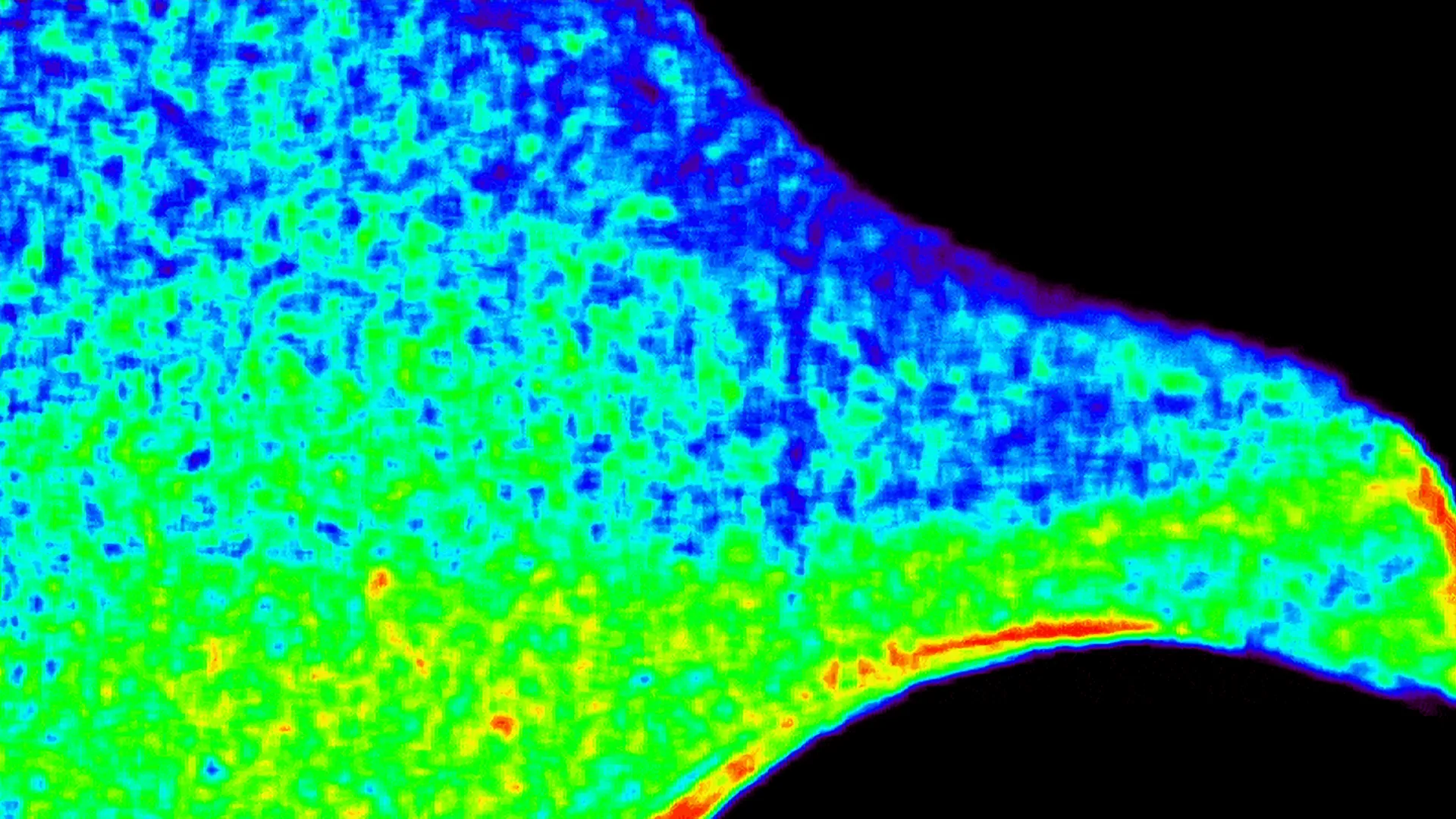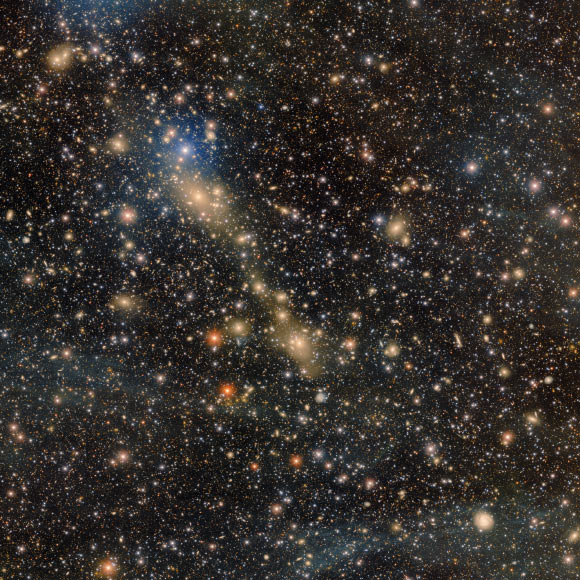Now Reading: NASA Uncovers Hidden Solar Storms in Turbulent Corona
-
01
NASA Uncovers Hidden Solar Storms in Turbulent Corona
NASA Uncovers Hidden Solar Storms in Turbulent Corona

Quick Summary
- Scientists from NASA’s CODEX (Coronal Diagnostic Experiment) examination have analyzed the solar instrument’s first images, revealing the speed and temperature of material flowing out from the Sun.
- The data shows that the Sun’s corona, its outer atmosphere, is not uniform but consists of sputtering gusts of hot plasma.
- CODEX is a solar coronagraph installed on the International Space Station (ISS), using occulting disks to create artificial eclipses for studying visible light from the corona.
- Unlike prior coronagraph instruments that measured density, CODEX measures speed and temperature using four narrow-band filters.
- This new approach enhances understanding at the source of solar wind energy and contributes to improving space weather modeling.
- The findings were unveiled Tuesday at an American Astronomical Society meeting in Anchorage by NASA scientists including principal investigator Jeffrey Newmark.
- CODEX’s contributions are expected to help model and predict solar activity impacts on Earth and space-based technology.
- A collaborative effort between NASA Goddard Space Flight Center, South Korea’s KASI, and italy’s INAF contributed to developing this instrument.
Indian Opinion Analysis
NASA’s recent advancements through the CODEX instrument mark a meaningful leap in heliophysics research by giving unprecedented insights into how materials flow out of our Sun. For India-a nation increasingly reliant on satellites for navigation, interaction, meteorology, and scientific ventures-the ability to predict space weather more accurately could be critical. Solar storms can disrupt satellite operations or electricity grids; developments like these offer potential solutions to mitigate such risks globally.
India has its own aspiring advancements in space exploration through ISRO missions like Aditya-L1 aimed at studying solar phenomena. Collaborations between global institutions like NASA-KASI-INAF or shared access to tools such as CODEX could further collective knowledge about protecting technology-dependent societies worldwide-an arena where India may play a pivotal role as both contributor and benefactor.



























